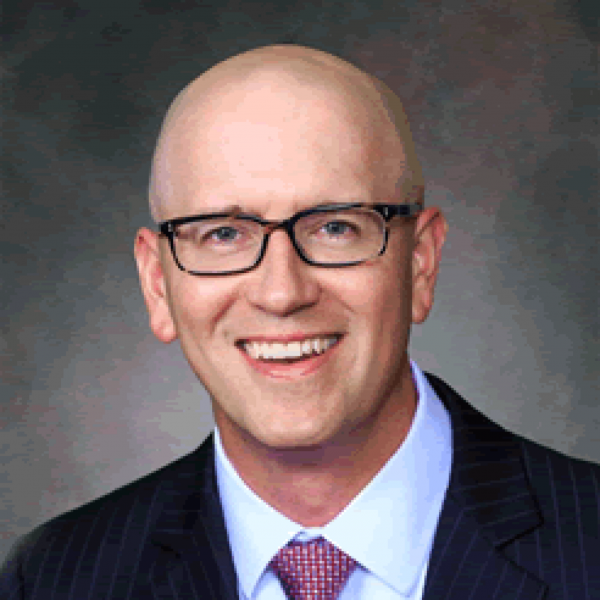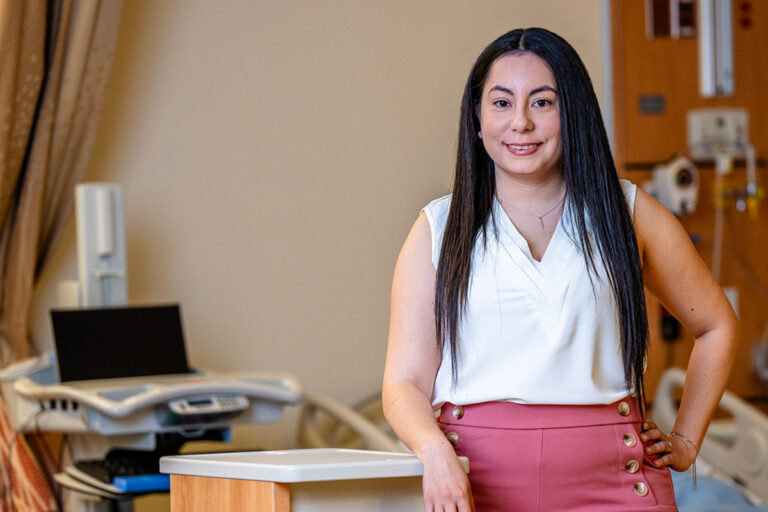By Jill Nuelle, communication intern in the Office of Marketing and Communication

Marquette has partnered with Sustainability Accounting Standards Board (SASB) and CFA Institute to offer a comprehensive four-module, non-credit program to prepare business leaders for a career in sustainability management and investing.
Participants will emerge with the skills required to fill positions in sustainability management, product development, sustainable accounting or Environmental, Social and Governance (ESG) investing. Upon completion, students can be certified in both the Fundamentals of Sustainability Accounting and ESG Investing, the two leading global certifications.
Related content: Beyond the buzzwords: Environment, Social and Corporate Governance has real impact, a Q&A with Chris Merker
Dr. Christopher Merker, lead instructor of the sustainable finance and business program who helped develop the program, recognized an opportunity for Marquette to take a leadership position in executive education within the sustainability space and began speaking with his colleagues at the SASB and the CFA Institute to determine their interest. Both groups signed on enthusiastically.

Merker met Noelle Brigham, instructor professor of practice in the Opus College of Engineering, at the Sustainability 2.0 conference in 2019 — the two recognized the value in a collaboration between business and engineering.
Today, Brigham and Merker, along with Dan Romito, director of ESG strategy and integration at Pickering Energy Partners, and John Mueller, vice president of marketing at Dana Investment Advisors, serve as program instructors.
Merker explains the program’s value to recent graduates and mid-level professionals, saying that learning these skills is critical to employers as firms across all sectors seek to make sustainability a foundational part of their business model.
“Every company out there is looking to sustainability management functions as ultimately being required, so when you consider the number of companies and investment firms that need to supply talent who are credentialed and have the knowledge and experience to work in these capacities, there’s a real demand,” he says.
According to Merker, for anybody working on the corporate side in sustainable product development, operations management, marketing, compliance, corporate financial reporting or investor relations; and on the investment side investing in such companies, there is a significant need for executive training in sustainability.

In addition to the new executive education program, Merker also points to the success of the Sustainability 2.0 conference, which began in 2019 and continues annually, as a pillar of the sustainable finance and business program as it grows to expand its offerings and partnerships.
This year’s conference, held last fall, featured the chair of the SASB as its keynote speaker and had 24 corporate sponsors, including major asset managers and leading Wisconsin companies.
Merker notes the executive education program positions itself to help develop custom programs for companies directly offering companies support at a time when many companies are reformulating their strategies in the face of the new SEC climate-related disclosure rules.
“Marquette continues to be a leader in forwarding sustainability education, and this new program will equip professionals with the knowledge and experience to continue that leadership within their organizations,” he says.



